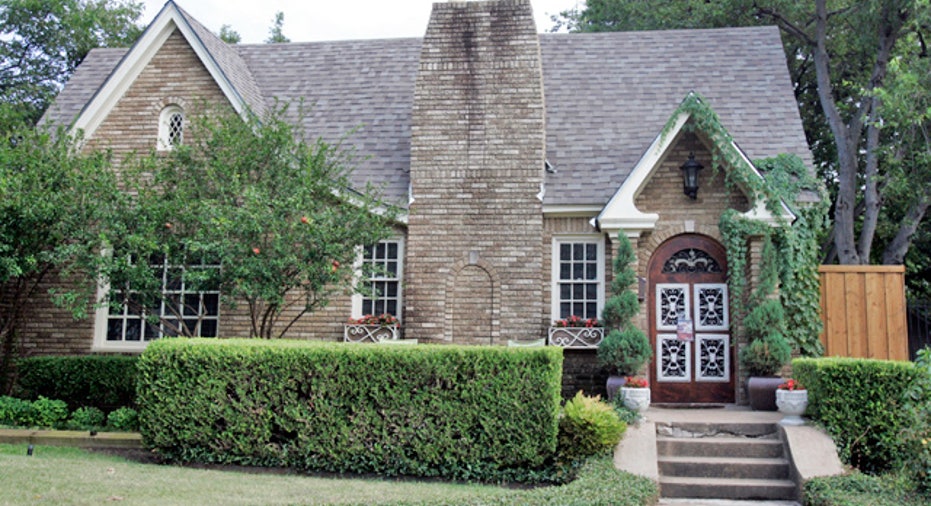Don't Worry, US Housing Near Normal, Expert Says

Housing booms and busts seem to be the norm these days. Ten years ago, real estate was booming in countries such as the U.S. and Ireland. Then, values imploded spectacularly.
Today, the U.S. and Ireland are slowly on the mend. Meanwhile, other markets are surging. For example, Canadian home values ascended to record highs at the beginning of this year.
What does the future hold? It is difficult to predict, according to John P. McFarland, coordinator of the financial planning track at the Virginia Commonwealth University School of Business in Richmond.
Housing markets across the globe cannot be grouped together under a single label, McFarland says. However, he does believe the U.S. market now is near normal.
McFarland offers additional housing insights in the following interview.
Mortgage rates remain historically low, but they have risen from rock bottom. As rates continue to rise, how is it likely to affect the housing market?
As mortgage rates climb, we should initially see a slight reduction in contracts as those who are bottom-fishing drop out.
However, as they (rates) continue to climb, the people who are fearful of rates exceeding their ability to qualify may cause a boom in the marketplace as they try to beat the increases.
In 1981, condos in Los Angeles had lines around the block looking for mortgages at 20% based on the fear that they would rise higher.
What are the biggest remaining challenges to restoring the housing market to full health?
The biggest challenge to the housing market appears to be the large inventory of housing stock held by banks due to foreclosure.
All segments are showing signs of health, but foreclosure sales disproportionately depress pricing in neighborhoods with multiple foreclosures, and (they) discourage new listings.
Once this inventory is cleared, the market should appear much closer to historic levels.
The U.S. housing market endured many years of a painful contraction in home values. Now, it appears prices are on the rise, with some markets seeing values soar. What is your take on the health of the nation's housing market today?
In line with the above comments, I think we are very near "normal." I also think that some regional markets will always be "hot" and a source for speculation. This might create a local bubble, but (that) is a part of the normal (real estate) market.
News reports have suggested that the surging Canadian housing market may be close to overheating. Canada is another in a long line of countries that have seen housing values explode in recent years. Of course, in many of those nations, values later imploded. What do you think is driving this boom-bust cycle in so many countries?
It's hard to put a single label on such disparate parts of the world. Ireland had a problem more serious than ours, and perhaps for the same reasons.
When the "wealth effect" -- increased spending due to (a) perception of increased wealth, such as in increased housing prices -- begins to influence the citizenry, the whole economy can become overheated.
As speculation becomes the norm, it lays the foundation for a bubble, and the popping sound cannot be far off.
The earliest well-known bubble was the "tulip mania" bubble in Holland in the 17th century. This one had an even shakier foundation than our recent (real estate) bubble, as it was based on an asset with serious shelf-life problems.
Canada may be in the early stages of "bubble-mania," but they are generally more cautious as a nation than much of the world. They may be simply catching up with the rest of us.
Copyright 2014, Bankrate Inc.



















